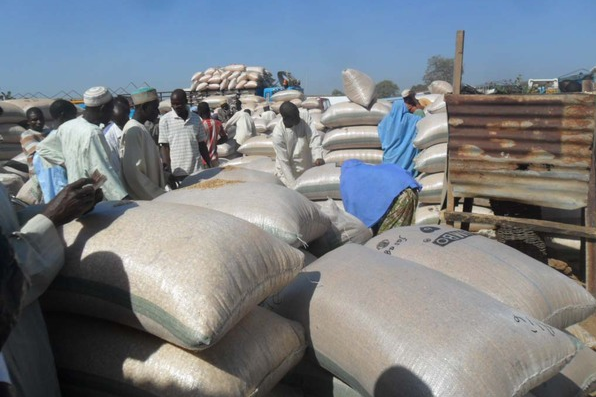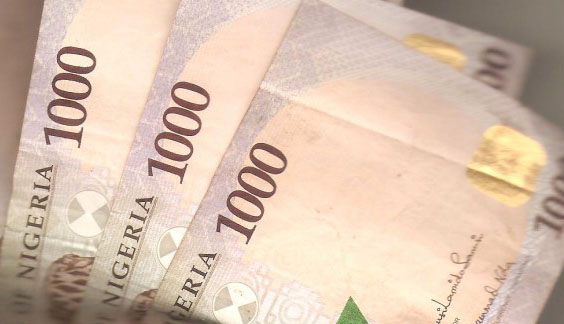In 2016, Nigerians will be able to take bank loans using their reputation, generators, deep freezers, school certificates, farm produce such as rice and beans, and many unconventional properties, the Central Bank (CBN) has confirmed.
In partnership with the International Finance Corporation (IFC), a member of the World Bank Group, CBN will be launching a Nigerian collateral register (NCR) in the first quarter of 2016.
The collateral registry, which is an electronic public database that contains information on security interests in movable property, is aimed at improving ease of loan application for small and medium scale enterprises (MSMEs) within the country.
According to Mainasara Muhammad, CBN assistant director on the project, after the launch of the registry in February or March, Nigerians will be able to use moveable assets such as cars, generators, deep freezers and farm produce as collateral for loans.
Advertisement
“We want to take banking to the rural doorstep, whereby a bean cake seller can walk into the bank and say manager, tomorrow is Friday, I don’t have any money, I need N5,000 to buy beans, I want to fry bean cake tomorrow on our market day, and he’d give her the loan not based on collateral,” he said.
“You can go to the banks and say I have this, and I need a loan. The practice we have in most microfinance banks is that they would take your car and give you a loan and park it in their premises. No. Now, they’d take your car, register it and give it back to you, but note that someone already has an interest on that car.”
Mainasara added that the Bank of Industry had begun granting loan request with tertiary institution and NYSC certificates as collateral, urging graduates to take the advantage
Advertisement
According to CBN, the registry gives “publicity to security interests that may exist in identified collateral and establish priority of secured creditors according to the time of registration”.
“The registry provides a platform for searches, so that an interested party may find out if there are prior registrations against the assets offered by the debtors as collateral for a loan.
Farm products including “crops (growing, grown, or to be grown), fish stocks, poultry and livestock (and their unborn offspring), seeds, fertilizers, manure” can all be used as loan collateral.
Ubong Awah, project manager of the Nigerian financial infrastructure project, the collateral registry, has worked in Ghana, Malawi and Ebola-ridden Liberia, providing N45 billion ($226 million) in loans for Liberian MSMEs in one year.
Advertisement
“Three years after the project completion (in Nigeria), the aim is to have generated $20 billion in financing, benefiting 40,000 SMEs, 5,000 micro enterprises, and 8,000 women entrepreneurs,” Awah said.
“It is expected that 10 financial institutions will be using the collateral registry by then.”
The collateral registry is also expected to work with the credit bureau association of Nigeria (CBAN) to establish provide credit report on everybody interested in taking loan within the country.
The credit bureaus are saddled with the responsibility of providing “credit information on individuals and entities from various sources” and give to lenders “in order to enable them assess the creditworthiness of (loan) applicants”.
Advertisement
Add a comment







